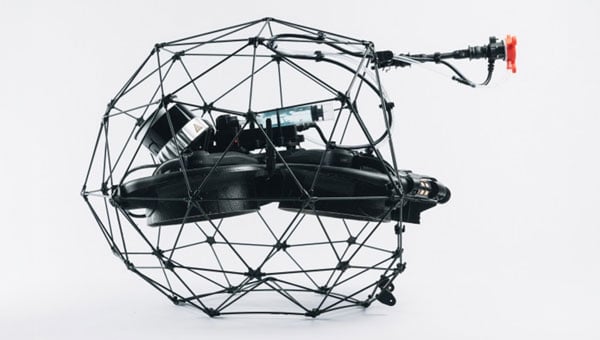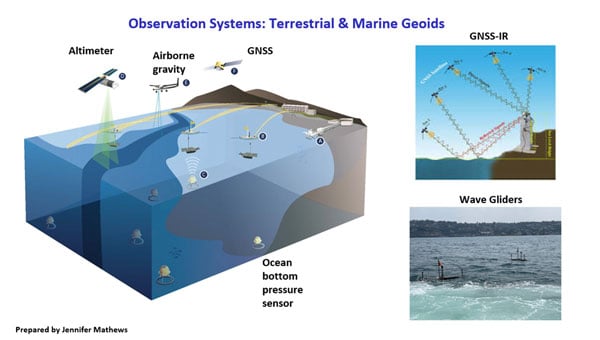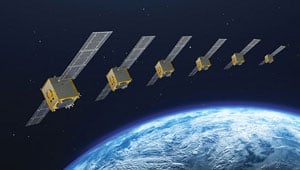Out in Front: Uh-oh for Information

Back around 1992, in the early days of the World Wide Web, a starry-eyed pundit trumpeted “The Internet will do for information what TV did for entertainment!”
“Uh-oh for information,” riposted an editorial cartoonist at the time.
To be sure, television since the 1950s has brought a few new high points of entertainment into homes around the world, as well as faster and farther-reaching news coverage. It has also brought widespread new lows, entire days’ and evenings’ worth of dumb-down, and news that is broad but shallow. In the process television birthed the terms “a vast wasteland” and “sound bite.”
The Internet followed a similar path. As a consequence, more information is far more widely available. But is it any better, more reliable, more accurate, or conducive to better decisions? A strong argument can be made for the position that it is not; that, on the contrary, it is actually worse, or at the very least, less robust.
At the same time that the Web began climbing into society’s lap, nevermore to budge, the cellular telephone attached
itself to the human ear, not merely in the accustomed indoor stationary position but on the street, in the supermarket aisle, at the restaurant, behind the wheel. Now the smartphone has taken over that role and staked its ownership to the field of view as well, if not to total sensory consciousness.
And what do you know? Along came GPS in the technological bargain. All apps, if not all things, become possible when you combine: Internet, mobile phone, and satellite-based positioning.
From the interbreeding of these three springs the latest guest to the party: Big Data.
What the heck is big data?
“Data sets . . . gathered by ubiquitous information-sensing mobile devices, aerial sensory technologies (remote sensing), software logs, cameras, microphones, radio-frequency identification readers, and wireless sensor networks. The world’s technological per-capita capacity to store information has roughly doubled every 40 months since the 1980s; as of 2012, every day 2.5 quintillion (2.5×1018) bytes of data were created.”
I had to check Wikipedia (I know, I know, the prophet hoisted by his own petard) because I had only a vague sense of it myself.
According to Adam Jacobs, writing in the ACMQueue of the Association for Computing Machinery, big data is so hefty that “[its] analysis requires massively parallel software running on tens, hundreds, or even thousands of servers.”
Sounds like a job for Biggest Brother.
Indeed, the government has stepped forward to shoulder the burden; we have only just learned that it did so some time ago. Now not only our phone calls but our locations, our travels, our appointments, can be well known to anyone behind the giant curtain who has a curiosity. If they feel bothered enough to get a warrant, warrants can be got. Cases on record show that the government has opened personal cell-phone records both with and without warrants.
To rehearse the evident, those records now contain our location data. Breadcrumbs. The granularity, the precision, and the hertz-rate of that location data will only increase over time.
This time around, the “uh oh” comes from the information.
Uh oh for us.
















Follow Us